WHEN U.S. Army Africa wrapped up Natural Fire 10 in Uganda in October, it marked a change in the way Soldiers conduct missions on the continent.
Not only was it the command's first major exercise, it was also its debut as the newest Army service component command.
For Soldiers, the 10-day humanitarian assistance and disaster relief exercise tested their abilities to operate safely and successfully on the continent as part of a multi-national coalition.
"It validated what we've learned over the past year and marked places for improvement," said Sgt. Maj. Kellyjack Luman, USARAF's operations sergeant major. "It also brought together U.S. Soldiers with African troops from five partner nations. Our mutual understanding of each other's capabilities will greatly help in upcoming missions we face together."
Over the past year, USARAF Soldiers took part in several other unique missions that built partner capacity in Africa.
In January 2009, two USARAF Soldiers, Capt. Charlie Jones and Staff Sgt. Brian Ruse, mentored Rwandan Defence Force logisticians on how U.S. Soldiers load aircraft and support logistical missions. They were at the right place at the right time. The team assisted RDF troops loading U.S. Air Force C-17s at Kigali International Airport, an airlift that supported African peacekeepers in Darfur, Sudan.
"This type of engagement sets the tone for our new role," said Maj. Gen. William B. Garrett III, commander of USARAF. "We use small groups of Soldiers with unique skills to partner with African militaries, sharing knowledge and information that empowers Africans to resolve challenges in their own way."
A month earlier, in December 2008, Southern European Task Force began its transformation to become USARAF, the Army component to U.S. Africa Command. Based for a half-century in Vicenza, Italy, SETAF supported NATO missions in Europe and Afghanistan. Over the past 15 years, it deployed assets to Africa five times during crisis-response operations.
As USARAF, the command's new mission is two-part: conducting sustained security engagements with African land forces to promote security, stability and peace, and providing a contingency headquarters in support of crisis response.
"Our Soldiers are tackling this new role, planning and participating in ongoing U.S. Africa Command missions and taking on new initiatives," said Command Sgt. Maj. Gary Bronson, the command's senior enlisted leader.
For example, senior USARAF noncommissioned officers, along with NCOs from the U.S. Army Ranger Training Brigade, visited South Africa's Special Forces training camp to discuss development of a junior leader course for them. Within weeks, three Army NCOs underwent a grueling three-week survival course in the South African bush, learning valuable lessons on adapting to the environment, maintaining endurance and overcoming nearly insurmountable challenges-a toolkit they carried back to their units.
Senior leaders are also planning the way forward. During the Land Forces Symposium in Nairobi, Kenya, USARAF leaders met with senior African military leaders to discuss how nations can work toward achieving long-term goals through planning and partnership. By September 2009, USARAF hosted 70 Army officers and civilians, including defense attachAfAs assigned to American embassies in Africa, at its headquarters to plan future theater security cooperation events.
This year, USARAF will host African defense leaders during a summit in Washington.
Throughout its transformation, the command has continued to deploy small teams of mentors-professionals with skill sets vital to military operations-who work traditional "train-the-trainer" missions.
These missions build the capacity of partner nations' instructors, which allows African partners to educate their own troops.
In Addis Ababa, Ethiopia, four U.S. Army lieutenant colonels are at the core of teaching and leader development within the Ethiopian Command and Staff College. Already, Ethiopian instructors are taking a lead role and U.S. officers act as mentors.
In Rwanda, Master Sgt. George Duenas and Staff Sgt. Chad Sloan joined a British-led mentorship mission for RDF instructors. The task was the classic infantry "four stack" for clearing buildings. One afternoon, RDF instructors gathered under the shade of a tree-listening to each step. Then they walked through the tactic. By the next morning, they were teaching their own troops.
With no assigned forces, USARAF relies on support from active component commands, the National Guard
and the Army Reserve. In some cases, citizen Soldiers-from civil affairs practitioners and engineers to medics and military police-have niche capabilities that apply in Africa.
"Success in Africa can only be achieved through partnerships with other services within the U.S. military, other governmental agencies and civilian organizations," Garrett said.
U.S. Army Africa also looks to established efforts, such as the National Guard's State Partnership Program, to further U.S. Army interaction with African nations. In all, there are seven state partnerships with African nations; California with Nigeria, New York with South Africa, North Carolina with Botswana, Utah with Morocco, Vermont with Senegal, Wyoming with Tunisia and North Dakota with Ghana.
"As America's premier Army team dedicated to achieving positive change in Africa, U.S. Army Africa faces missions both complex and novel," Garrett said. "The rewards will be high, as we have a chance to forestall crisis, rather than merely respond. Together, we will make a positive difference-for our nation and the people of Africa."
Rick Scavetta works for U.S. Army Africa Public Affairs
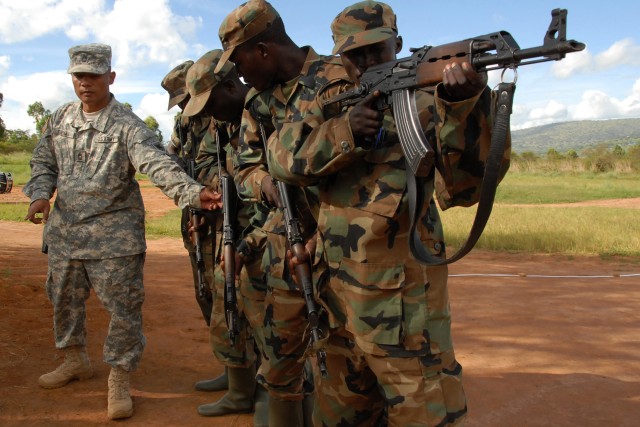
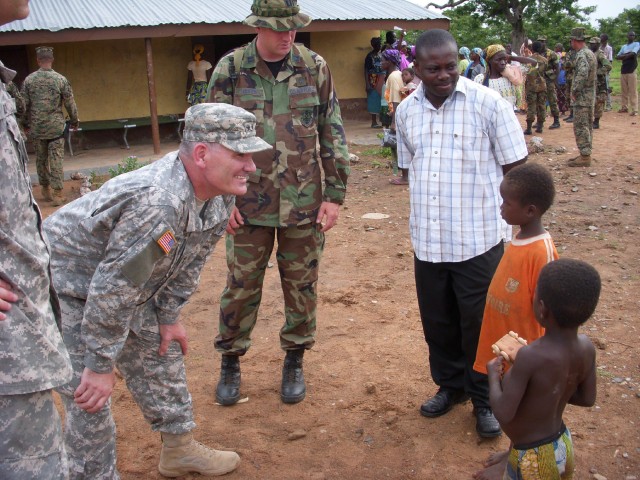



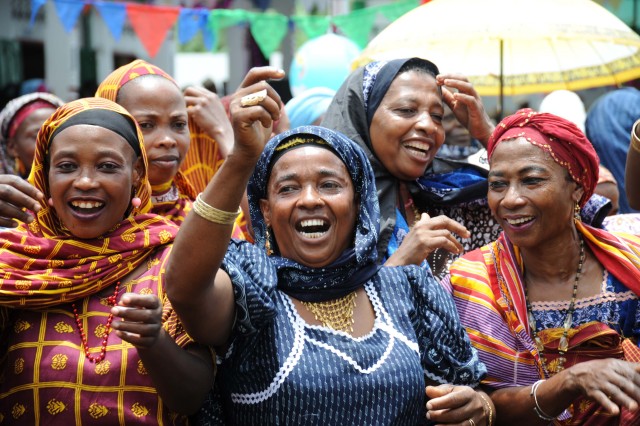

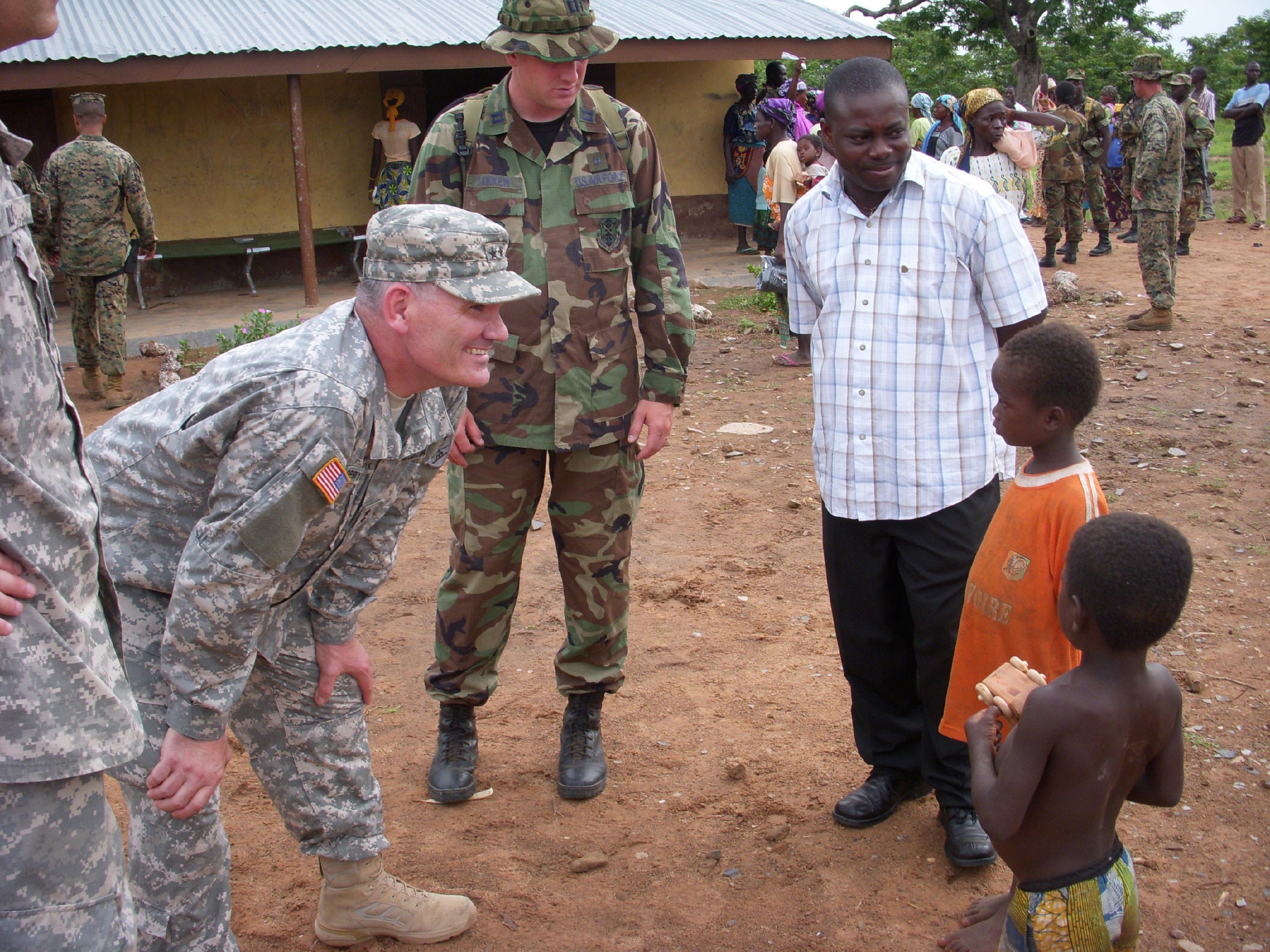


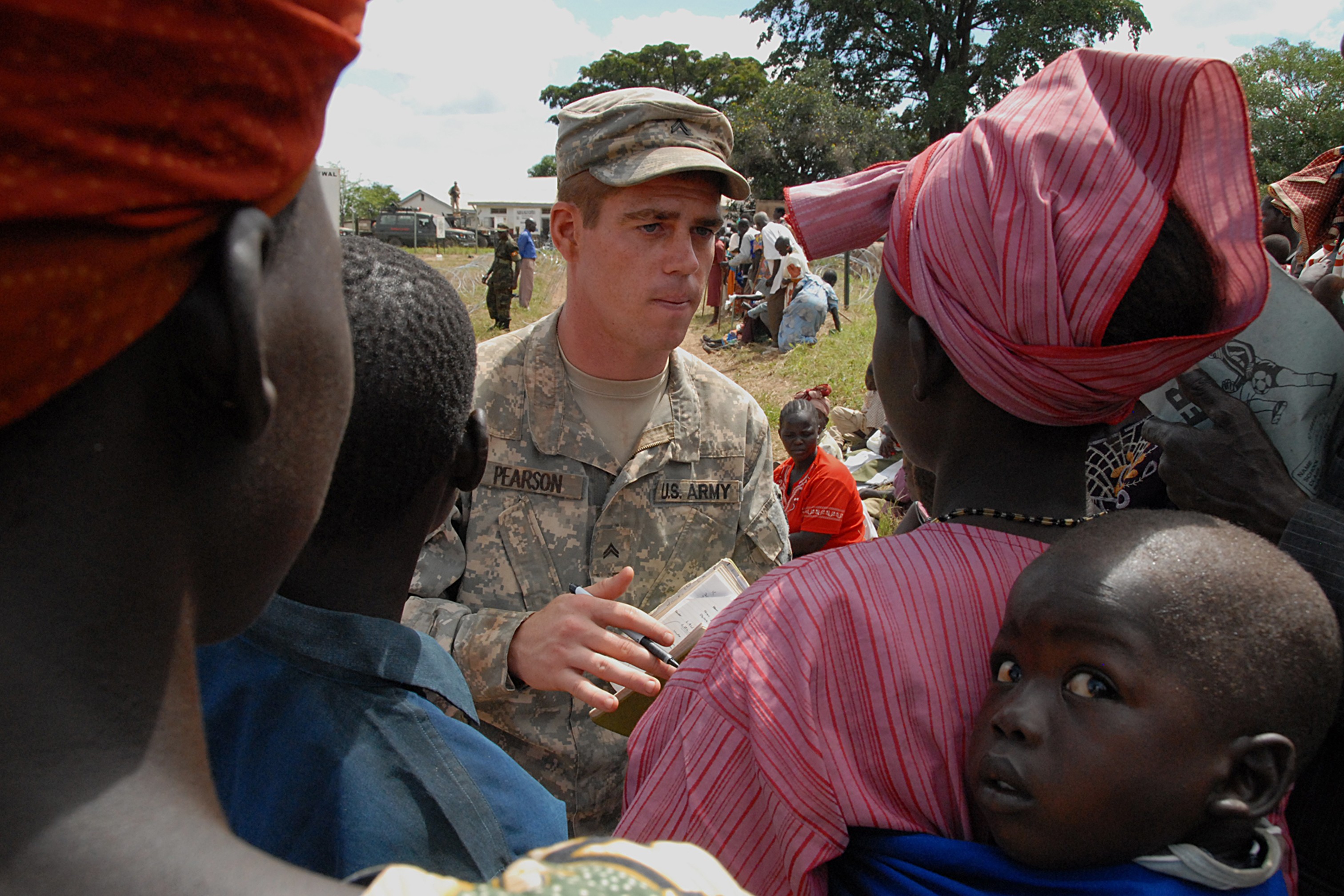

Social Sharing